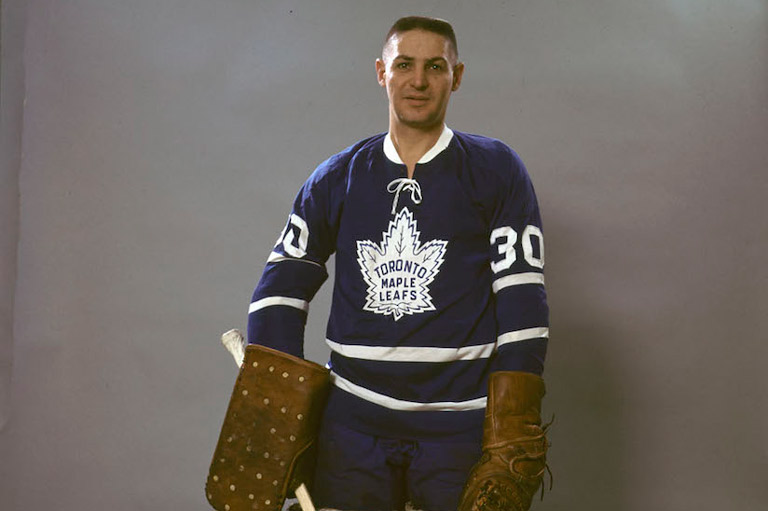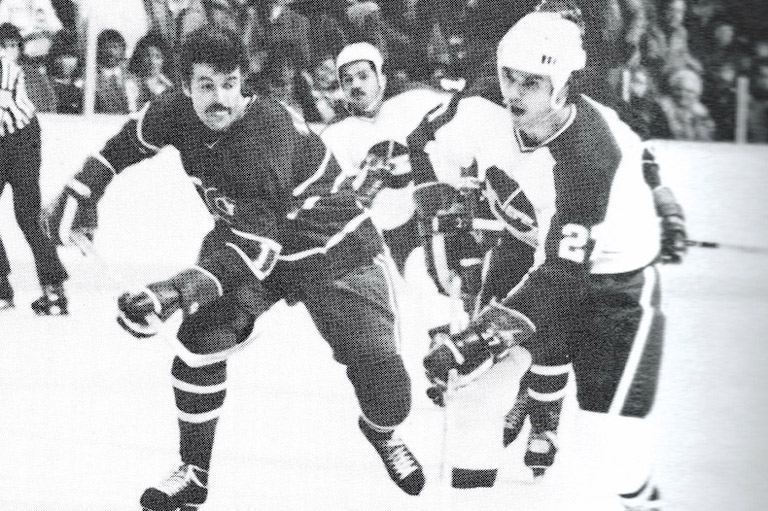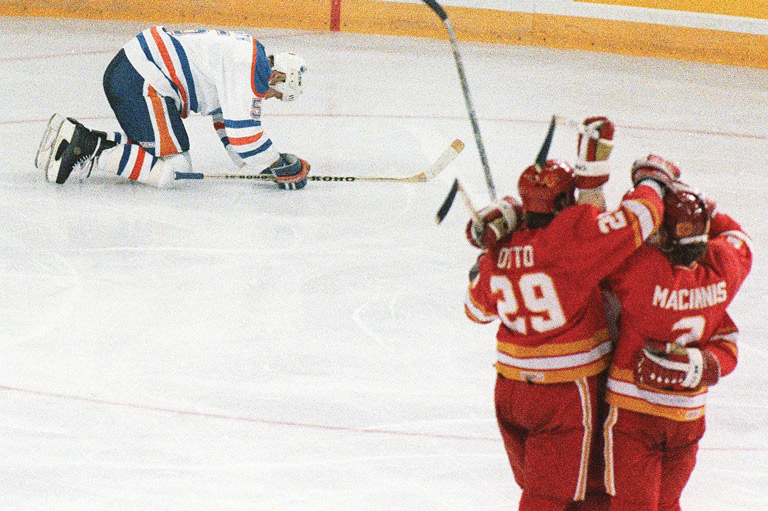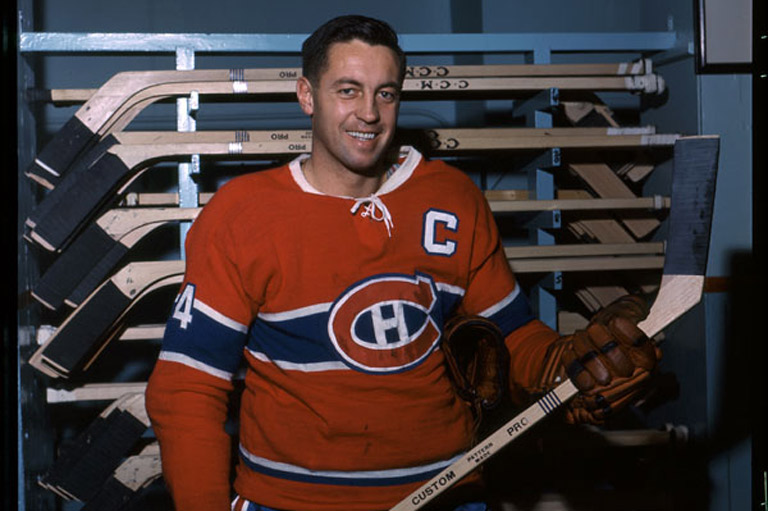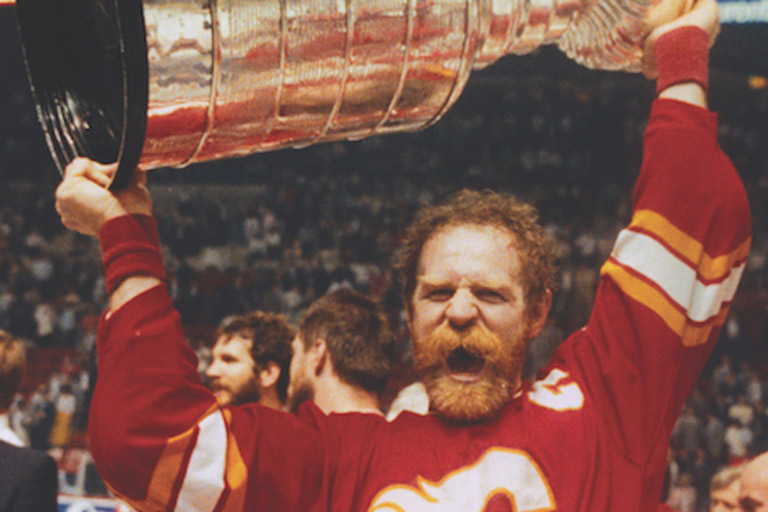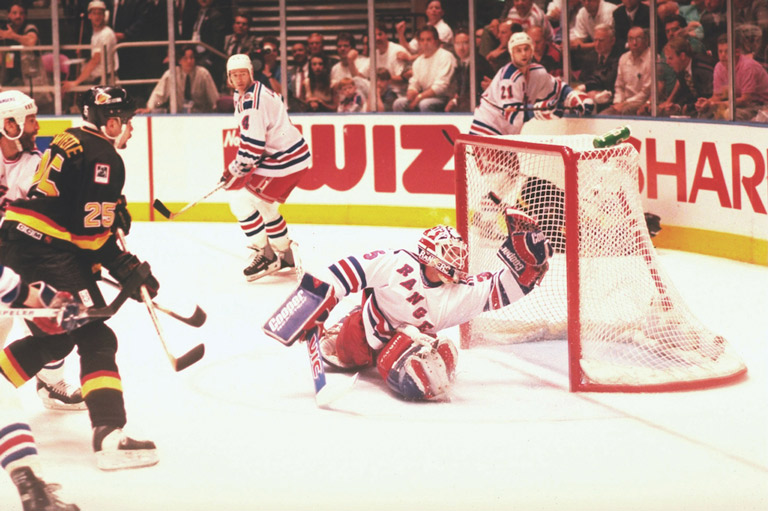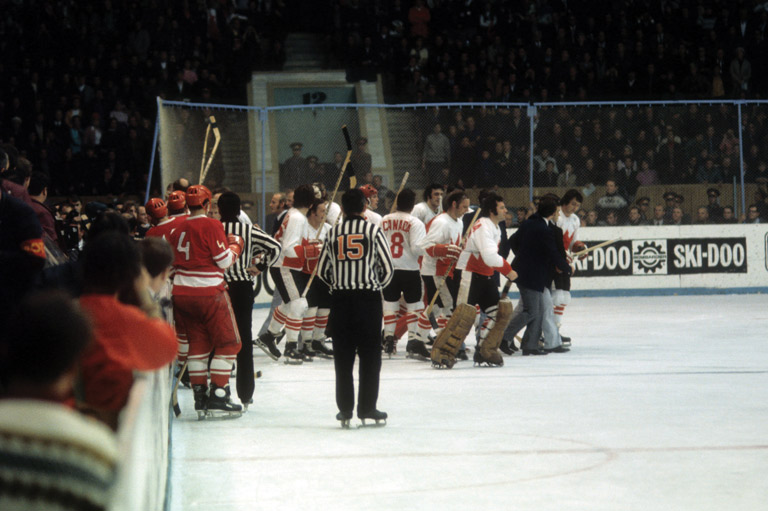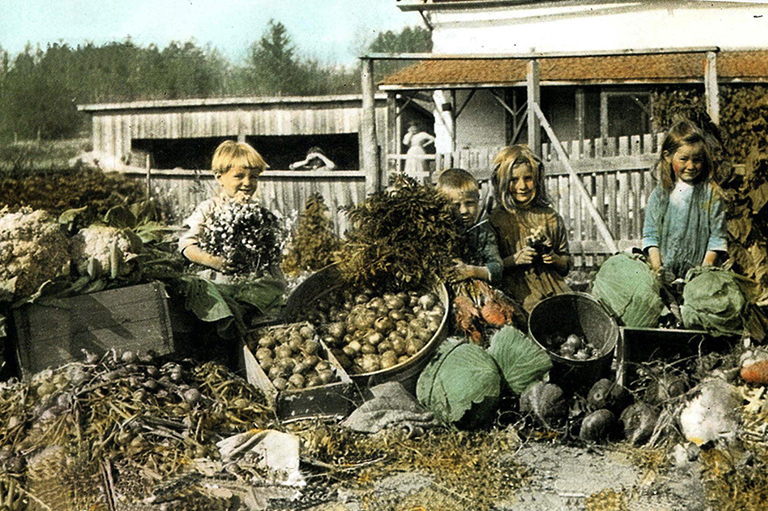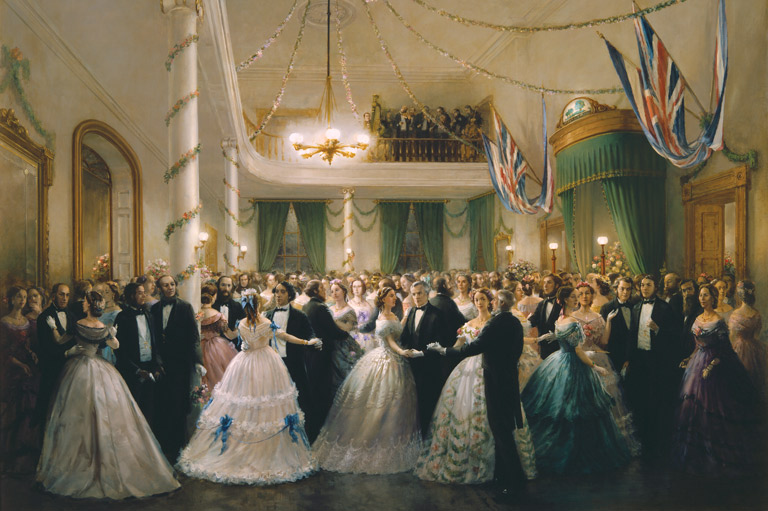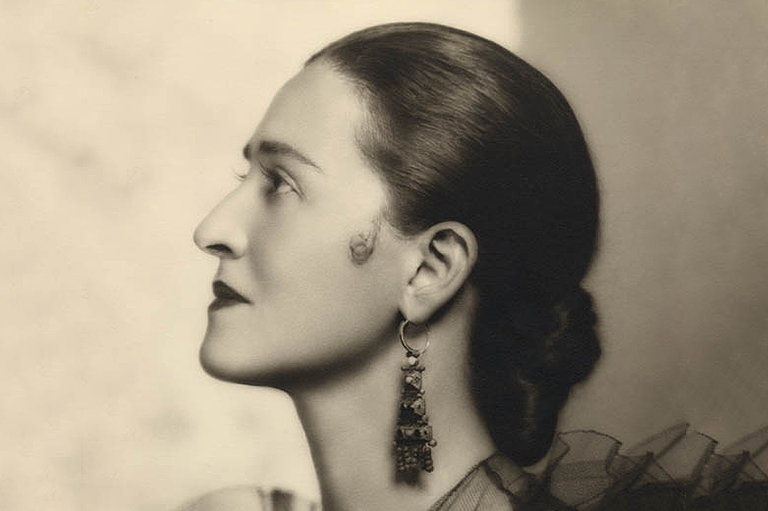Game-changer

Occasionally, a single game will change the image of a franchise and its marquee player. For the Ottawa Senators, it was game five of the 2007 Eastern Conference final against the Buffalo Sabres.
The events of May 19, 2007, cast off the Senators’ playoff demons and helped to make an icon of thirty-four-year-old captain Daniel Alfredsson. Alfredsson, who had been the subject of trade rumours the previous fall, could not have scripted a sweeter story of redemption. A year earlier, the Swedish-born player led a Senators team that tied a franchise record with 113 regular season points, only to lose a first-round series to the Sabres in five games. The lasting image: Buffalo’s Jason Pominville skating around Alfredsson to score the game-winner shorthanded while the Senators were on a power play.
Those 2005–2006 Senators were considered by many to be the finest Ottawa team since the modern franchise was granted in 1992. However, in 2006 an injury to legendary goaltender Dominik Hasek during the Turin Winter Olympics in Italy left the Senators vulnerable — and Buffalo took full advantage, beating backup goalie Ray Emery.
The stunning defeat left some in the Senators organization wondering if Alfredsson was a worthy leader. The Senators had lost three playoff series to Buffalo, including a 1999 sweep, and had suffered four straight series losses — between 2000 and 2004 — to the enemy Toronto Maple Leafs. Hopes raised, then crushed.
In their brief playoff history, nothing was more painful for Senators fans than losing to their Ontario neighbours. The Leafs, with their “original six” history and exhaustive media coverage, beat Ottawa in the most exasperating ways. In 2002, the Senators were ahead 3-2 in the series and 2-0 in game six when Senators defenceman Ricard Persson slammed Leafs tough guy Tie Domi into the boards, causing Domi’s forehead to erupt with blood. During the ensuing penalty, the Leafs tied the score, and they went on to win the game and the series.
Alfredsson, the only Senators player to participate in each of the franchise’s playoff games to that point, was the face of the Senators in their first run at being a competitive team. Now, it was a long, sad face.
Despite the disappointment, general manager John Muckler stuck with his captain, and it paid off. Alfredsson, alongside centre Jason Spezza and left winger Dany Heatley, formed the most prolific line in the NHL in 2006–2007. With a show of power and symmetry, the trio led the NHL with twenty-two playoff points apiece. Alfredsson was the top scorer with fourteen goals.
None was bigger than Alfredsson’s tenth goal of the playoffs in a decisive game five against the favoured Sabres. The division rivals had battled evenly, somewhat cautiously, for sixty minutes. What followed in overtime was a play any Senators fan from that era can recite from memory: Alfredsson, on a seemingly harmless one-on-three situation, cleverly firing a low shot against the flow of play to beat Sabres goaltender Ryan Miller to the glove side.
The Senators bench emptied, the players eagerly embracing their role in team history. It had been eighty years since an Ottawa hockey club had reached a Stanley Cup final — in 1927 the Ottawa Senators beat the Boston Bruins. The original Senators with Cy Denneny and Frank Nighbor were a dominant team in the 1920s, winning four cups between 1920 and 1927. In all, Ottawa teams won eleven cup championships, including four straight by Frank McGee and the Ottawa Silver Seven from 1903 to 1906.
Now, the franchise craved some modern glory. When the Senators landed in Ottawa that night, more than a thousand fans jammed the airport charter terminal to hail the conquering heroes. Senators cars parted a sea of red and white as fans chanted and snapped photos. At the wheel of his car, a grinning Alfredsson, the first European-born player to lead an NHL club to the cup final, rolled down his window and offered high-fives to approaching fans.
Although Ottawa would lose to the Anaheim Ducks in the Stanley Cup final, at that moment all that mattered was that history had been made.
With 7 uniquely curated newsletters to choose from, we have something for everyone.
We hope you’ll help us continue to share fascinating stories about Canada’s past by making a donation to Canada’s History Society today.
We highlight our nation’s diverse past by telling stories that illuminate the people, places, and events that unite us as Canadians, and by making those stories accessible to everyone through our free online content.
We are a registered charity that depends on contributions from readers like you to share inspiring and informative stories with students and citizens of all ages — award-winning stories written by Canada’s top historians, authors, journalists, and history enthusiasts.
Any amount helps, or better yet, start a monthly donation today. Your support makes all the difference. Thank you!
Themes associated with this article
Advertisement


